Dead Family
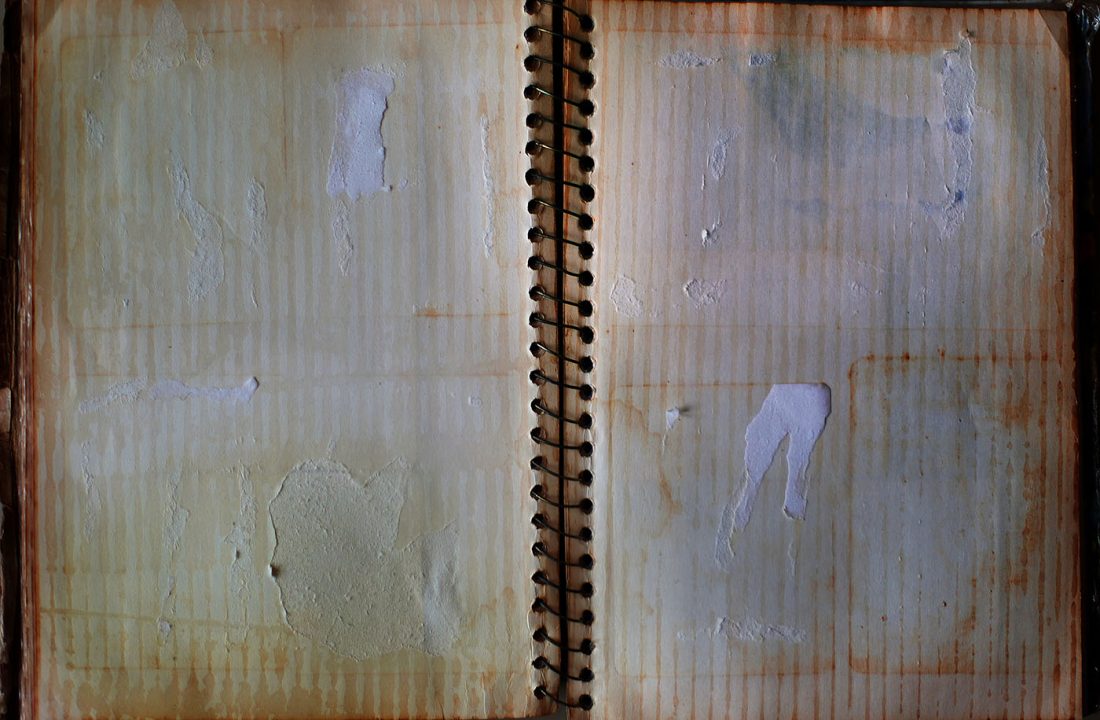
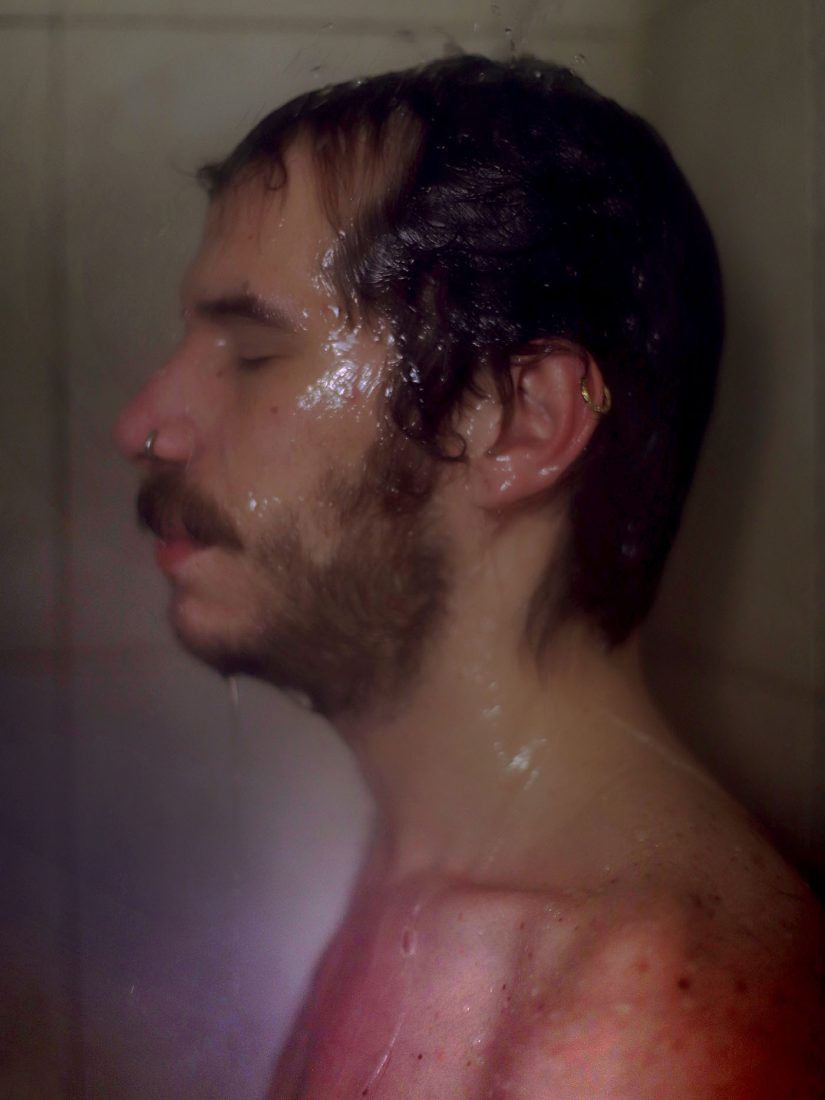
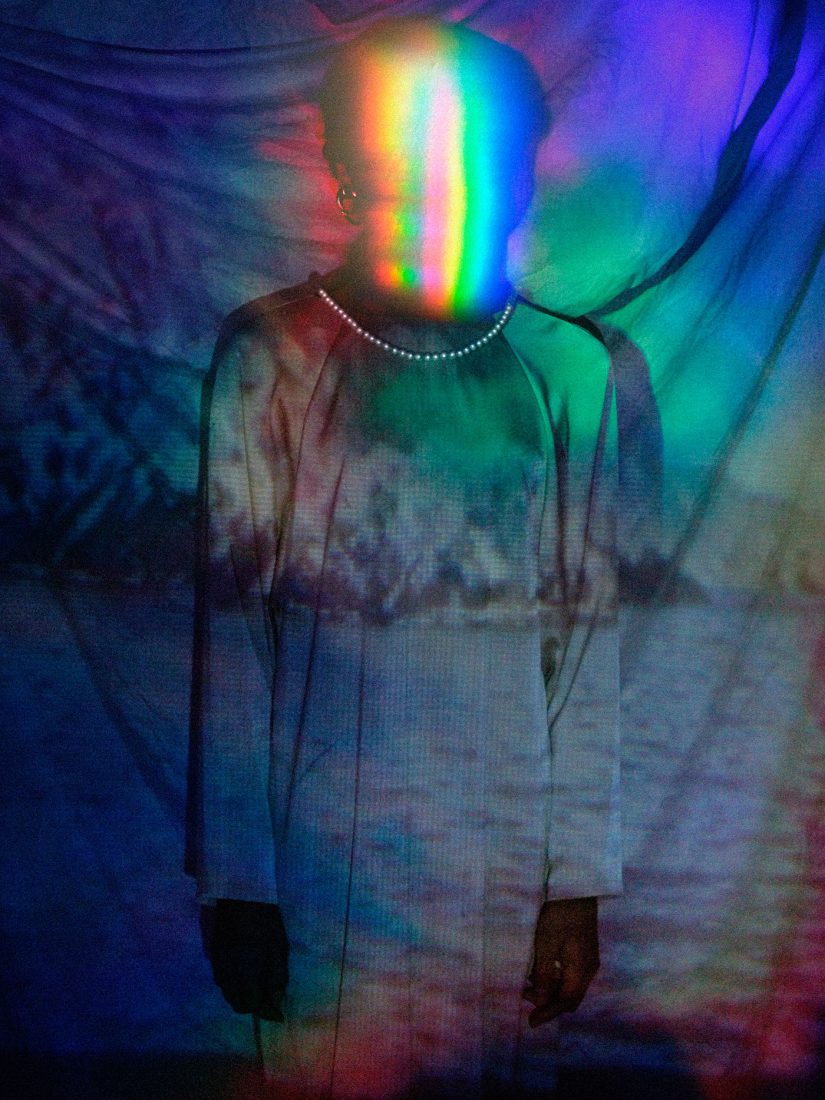
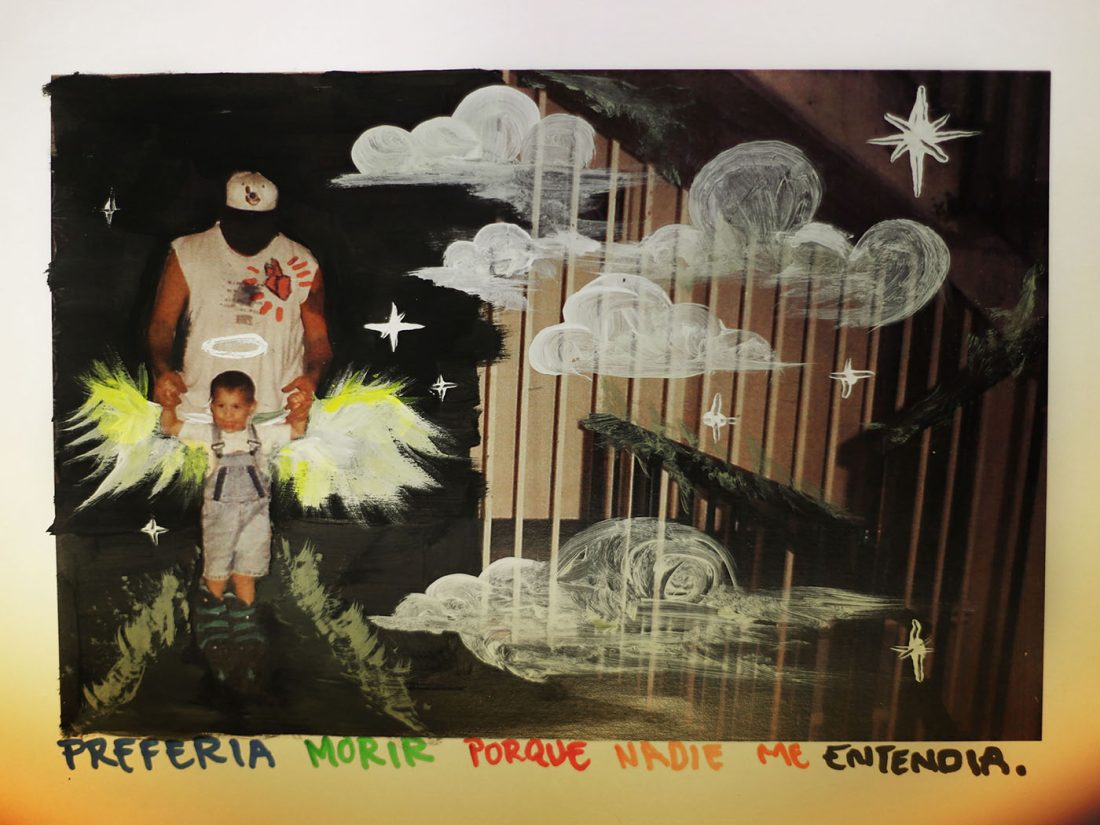
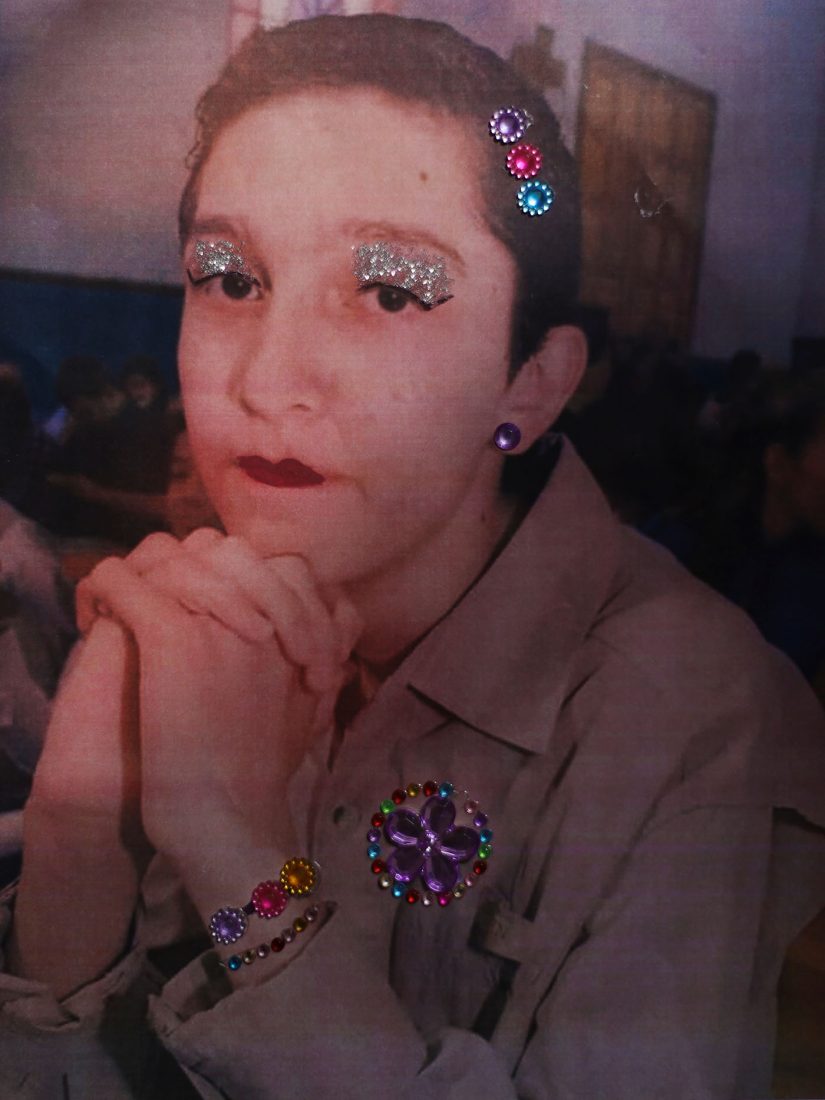
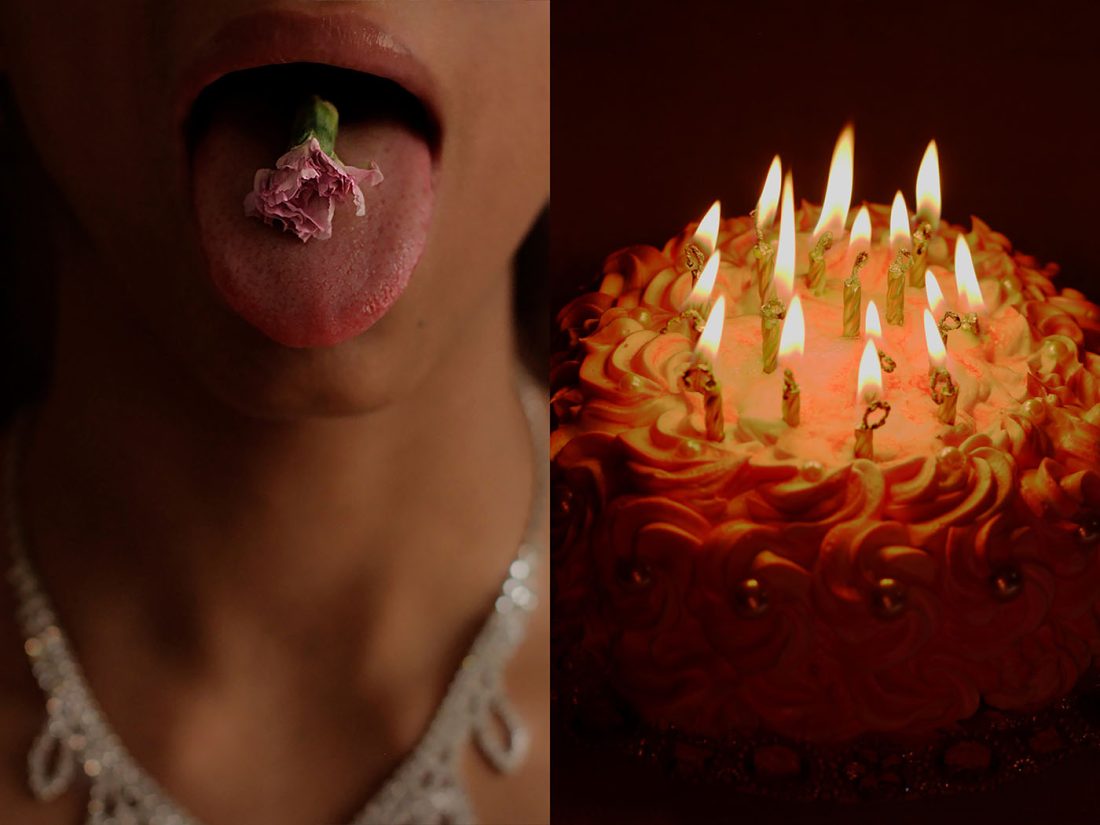
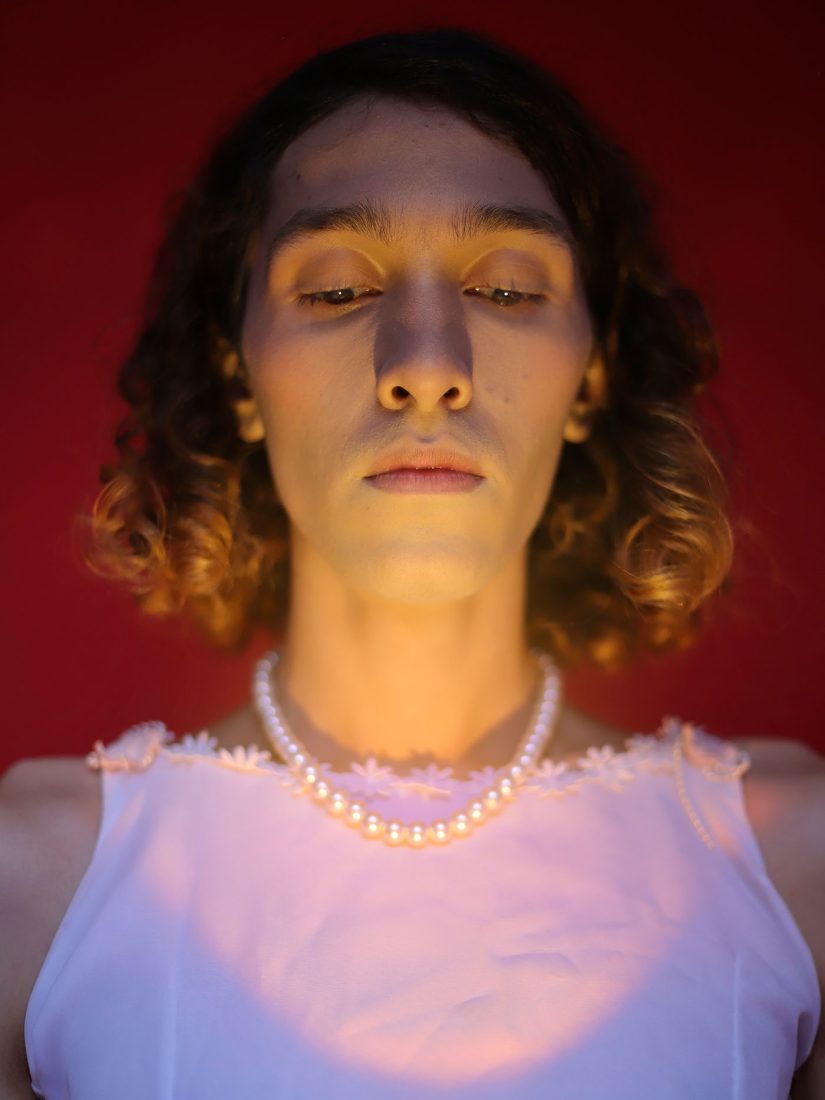

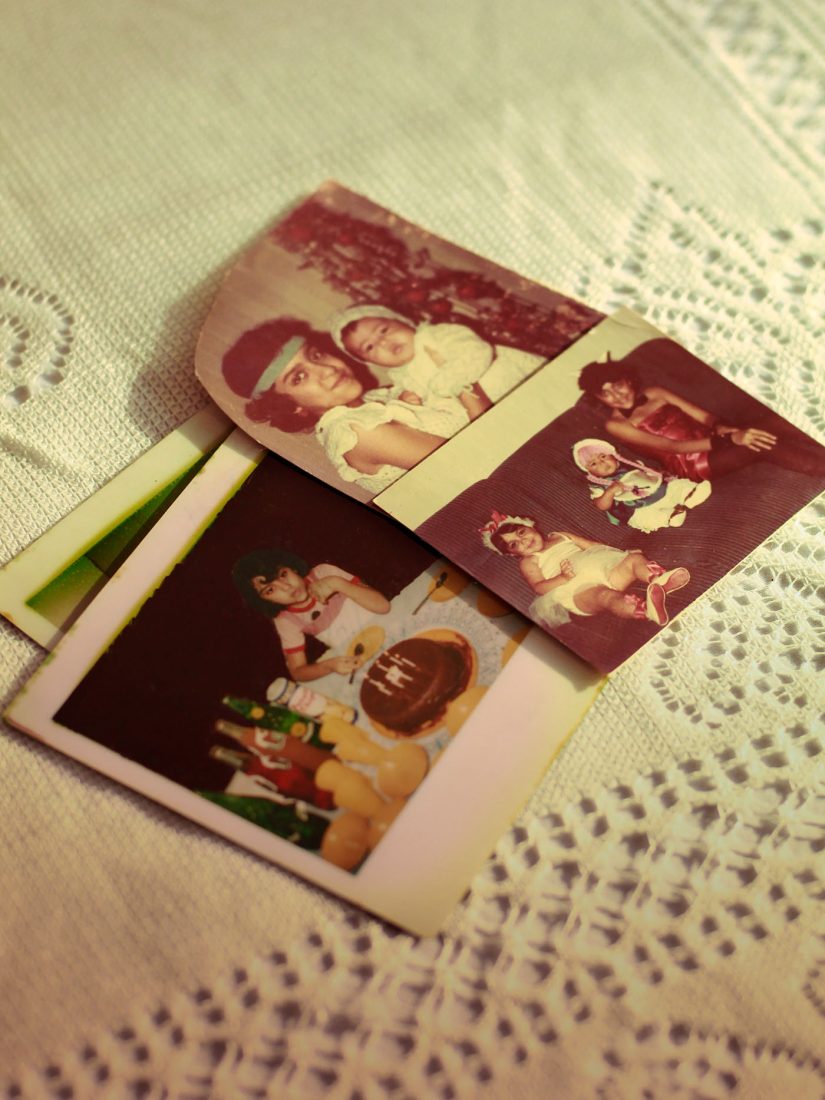
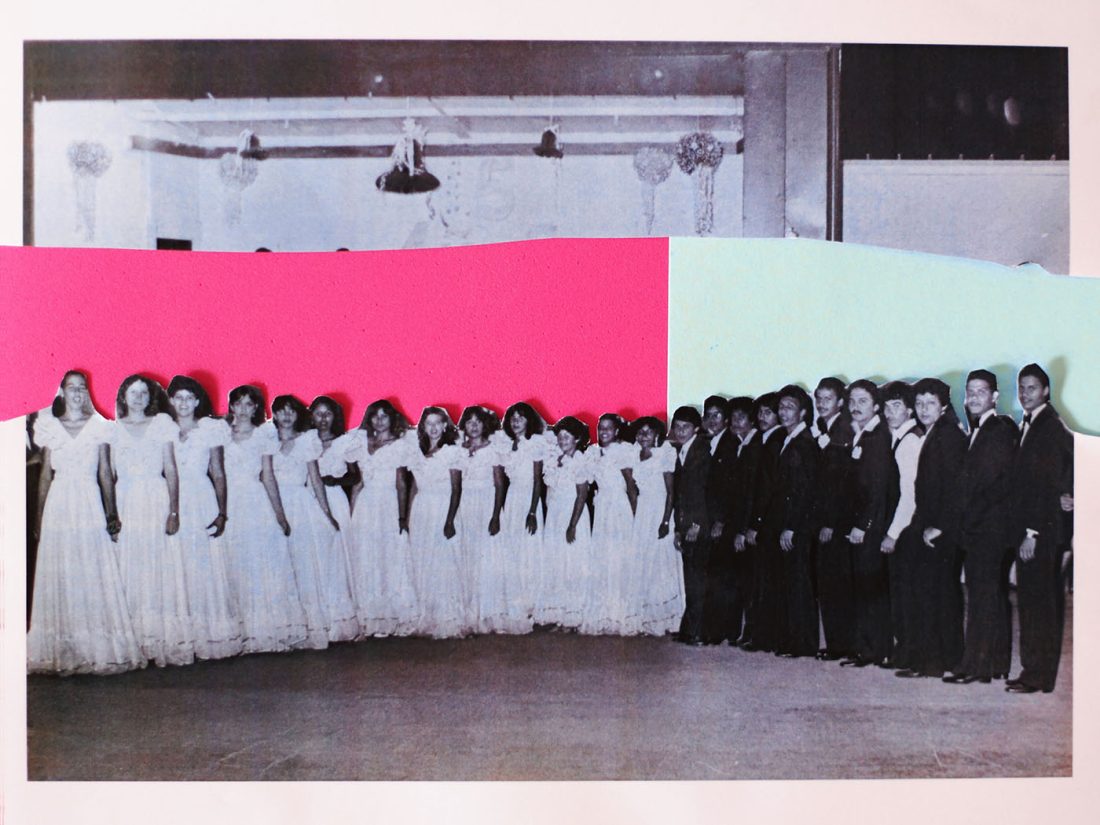
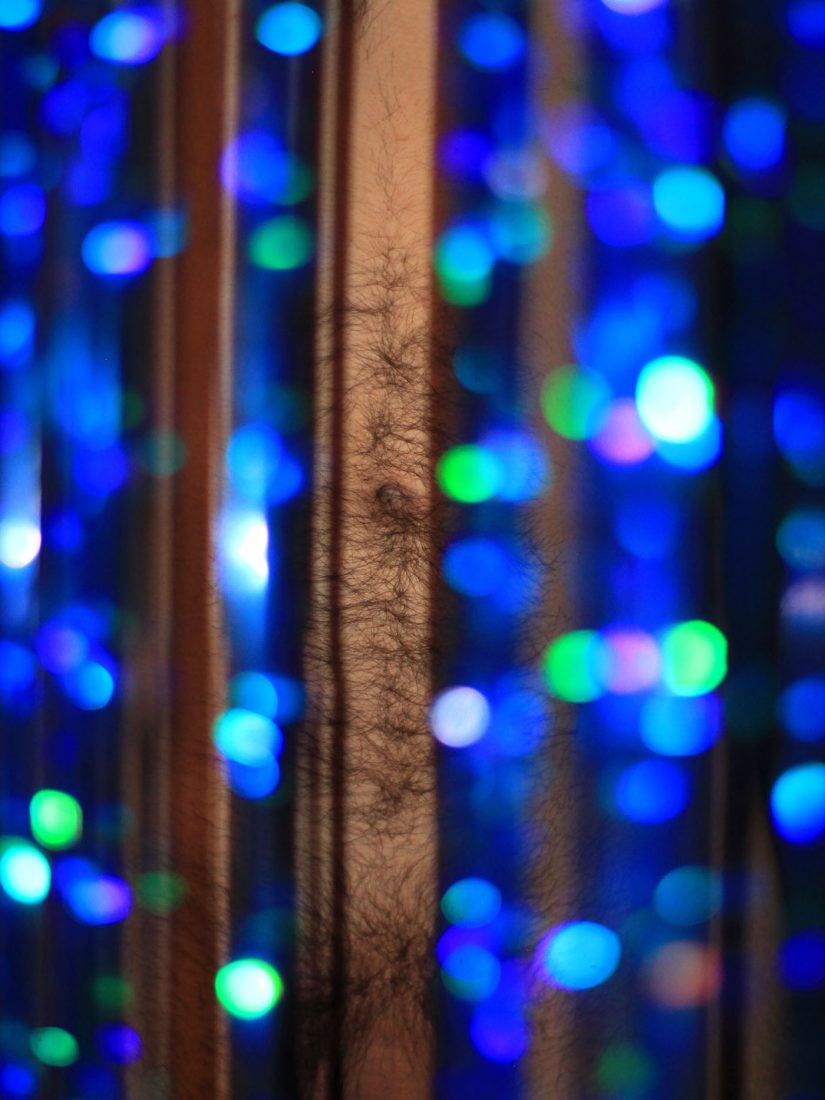
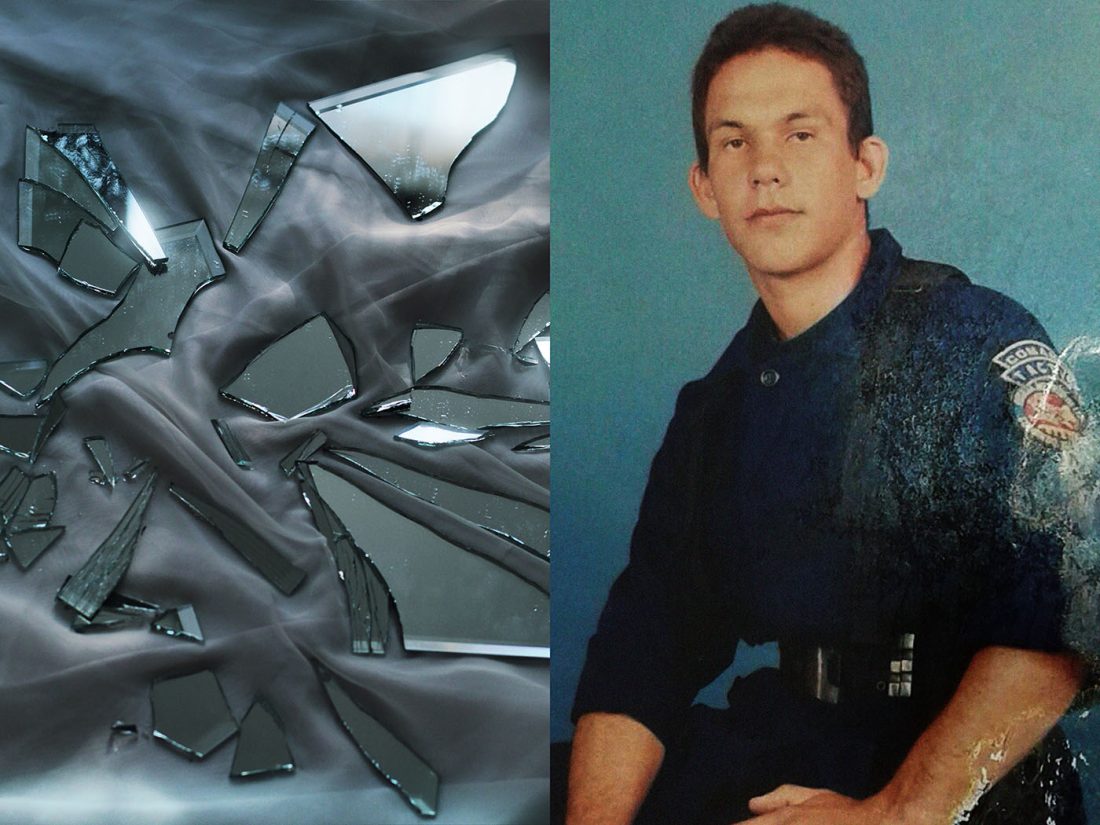

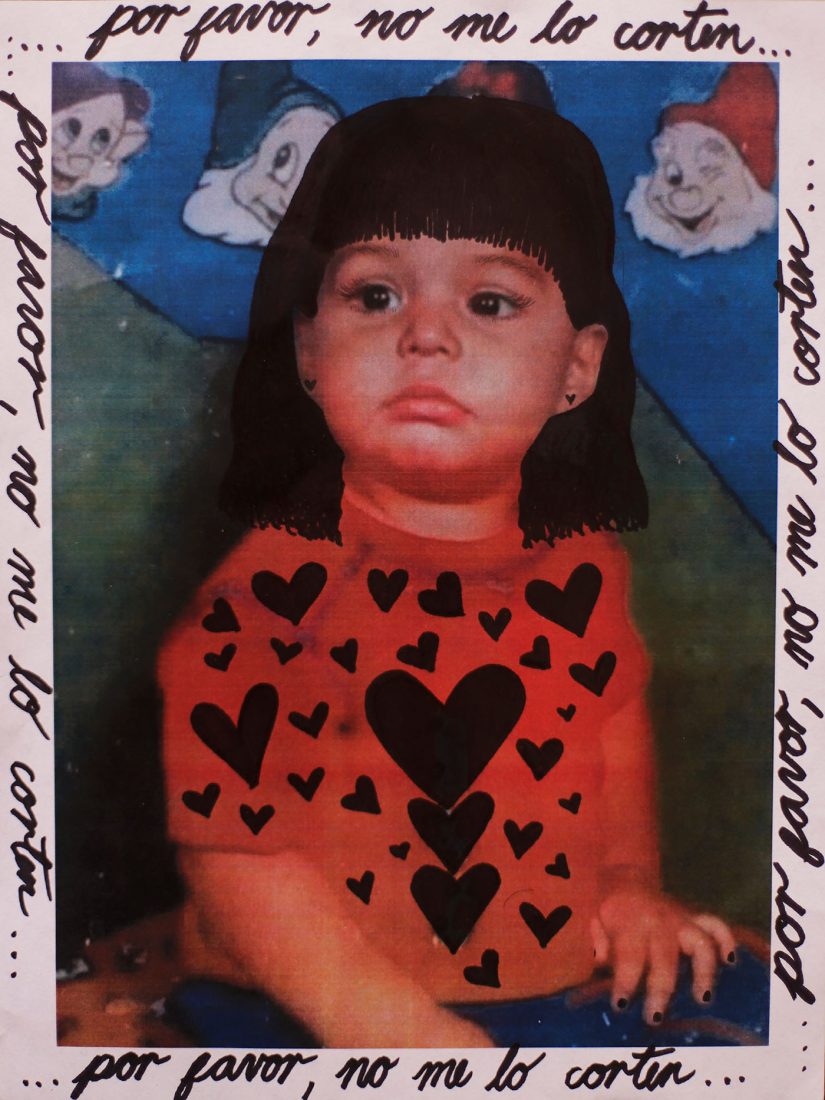
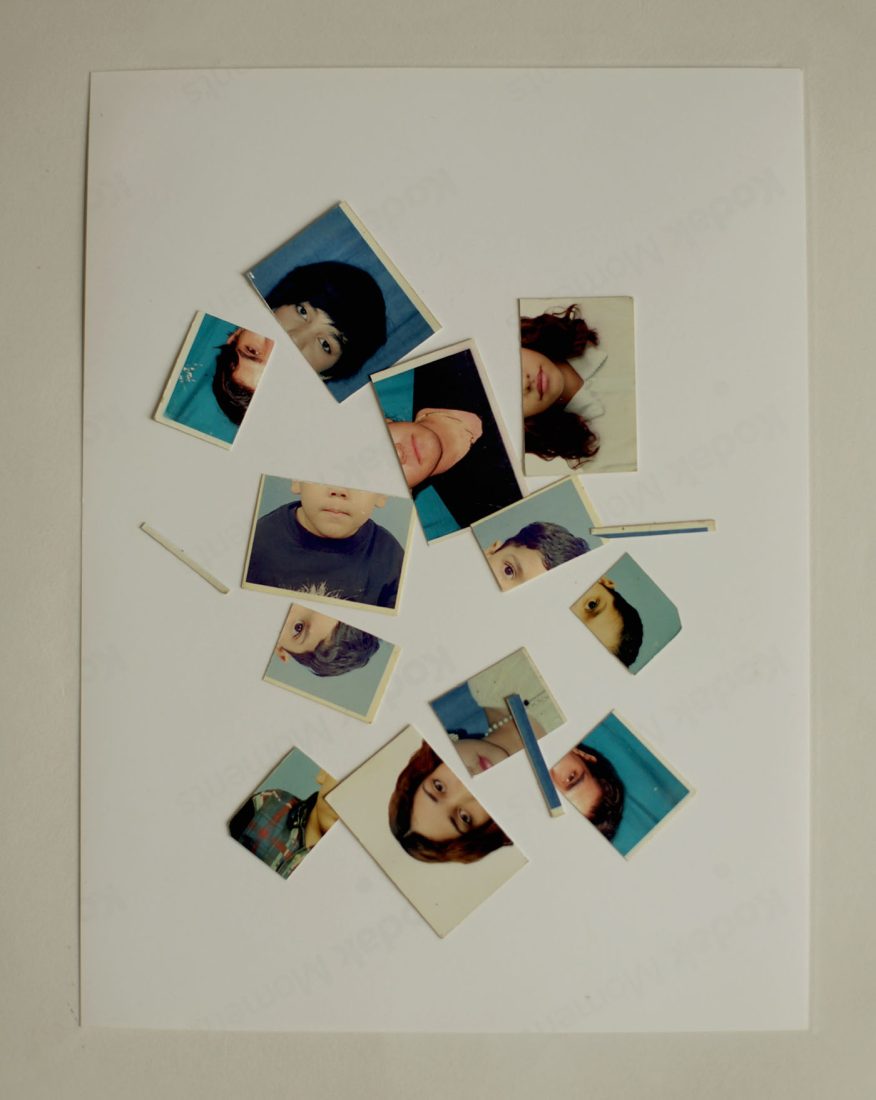


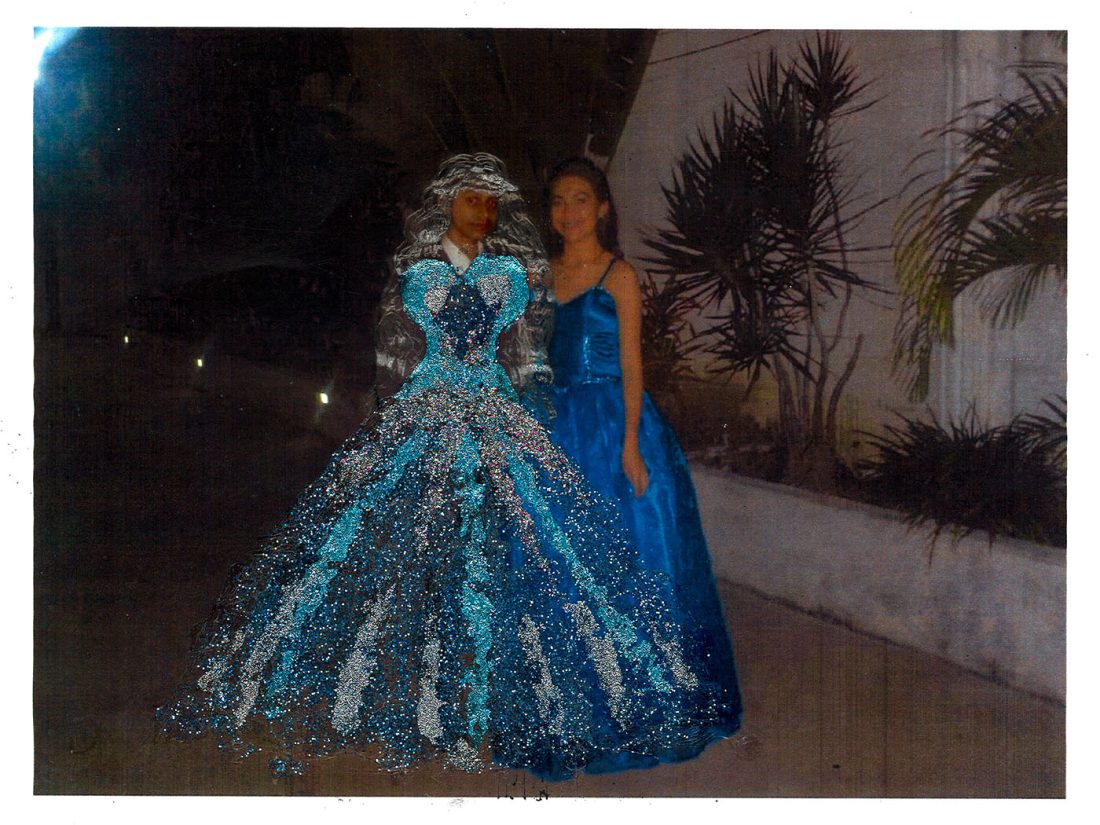
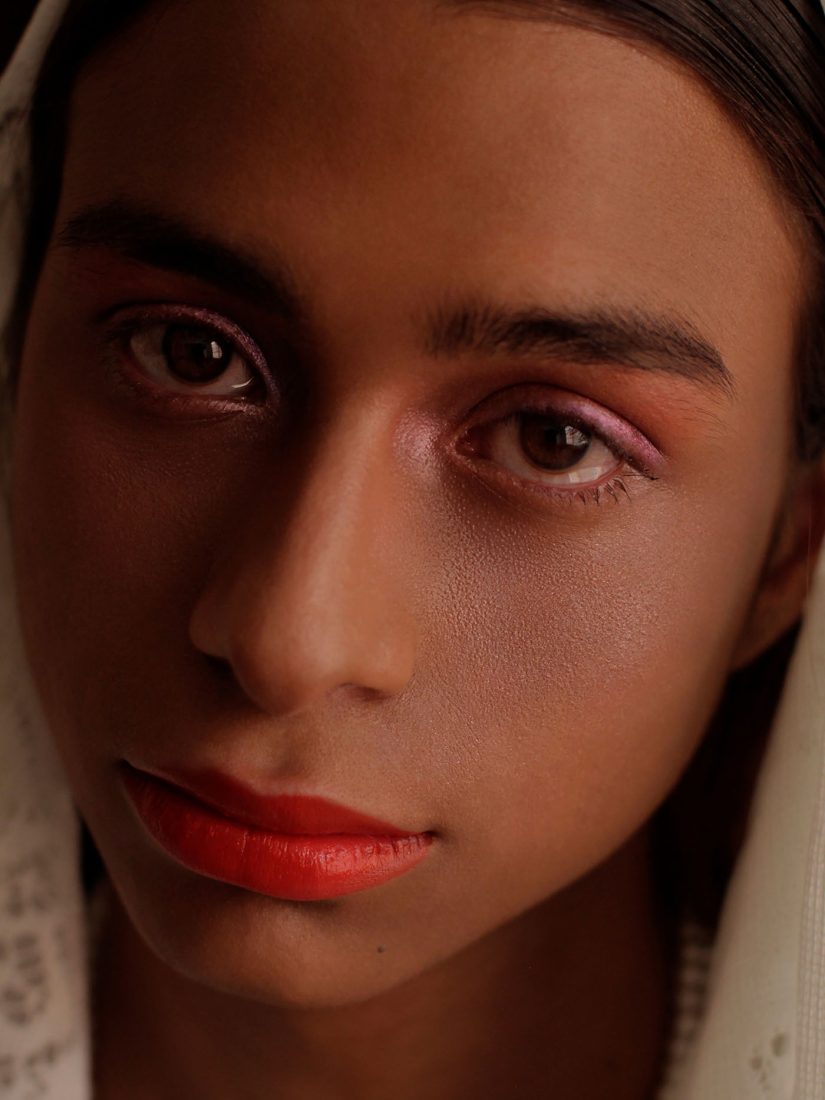
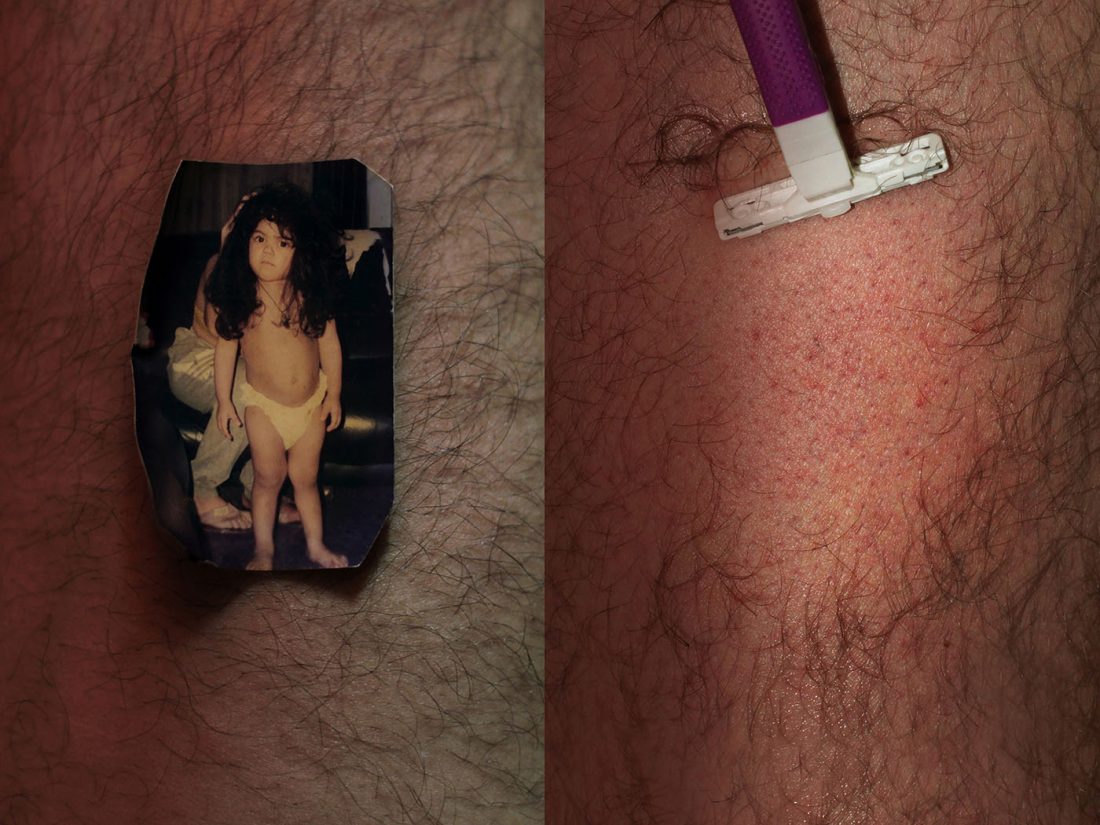
I grew up in a family of women and lonely maternities. I grew up watching the absence of fatherhood. Men were less than women, but they decided and invoked blind force. At 12, I began to recognize my diversity. At 18, I experienced my first bereavement: my cousin Jose committed suicide. Among my relatives, they commented that Joseito was homosexual and that’s why he took his own life. Corrective violence and binary violence often do not allow diversity to inhabit the world. In 2013 my mother died and this marked a separation with my family. I moved away from that home that was both refuge and concentration camp.
In 2022 I began to revisit the family archive, I understood that I was not in it. I could also say that this person, who is apparently me, was a representation. I began to visit other family archives of LGBTQIA people and my questions became certain. My story, Aurora’s, Osiris’, Agnes’ and Erick’s, have something in common. The early years of our personal memories do not represent who we are. Every diverse gesture was censored. Most childhoods, trans, non-binary, queer and sex-diverse raise us alone, rethink the idea of home, build a family and fight for our rights.
The dead family is an investigation that looks at the family archive as a binary historical document that protects heteronormative narratives imposed by patriarchal structures. These impositions assume a sex-ordering that separates the masculine from the feminine and identities that are outside of this political-biological mechanism. Diverse identities have no visibility in the action of the “family portrait”. Binary violence is not less than the representation is diverse, it also fetishizes the feminine and turns women into a maternal-domestic tool.
Dead family is a work that diuró the family archive. It is a photographic intervention, but also a political one. It is a naturally collective project that needs the voice and the gaze of the LGBTQIA community. This collaborative character allows that each person who opens the pages of his album can insufflate his own archives from the premise. How was a more diverse memory for the future?
